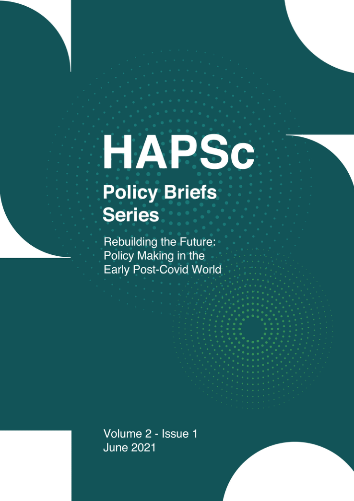Online Education in the Developing World in the Pandemic Era: The Paradox of Disruption
Resumen
As the world is gripped by the devastating Pandemic with unabated ferocity, online education has become the order of the day disrupting and supplanting classroom teaching. While in common perlance Disruption has a negative and destructive connotation, theoretical literature on education posits it as Innovative disruption implying transforming the expensive, inaccessible Higher Education sector into one of affordability thereby creating a new market and value network disrupting the erstwhile market and value system. This process is one of negation of the negative to produce a Positive. However, inherent within this positive, is a greater negative because online education has perpetuated a deep Digital Divide and what appeared affordable and accessible at the outset, ultimately minimized the benefits for those segments of learners who were supposed to attain maximum benefit from the online system. Even so, the acceptance of the reality that online education has come to stay and not disappear, has superseded the initial recalcitrance. To consolidate its perpetuity, online education must go through a process of self-disruption implying the negation of the negative ingrained within itself. It must disrupt itself creatively and innovatively and provide a Constructively Deconstructive alternative to the prevailing system. The proposed policy brief seeks to explore the Dual Paradox of Disruption of Disruption and the search for Alternative within Alternative.
Article Details
- Cómo citar
-
Mukerji, S. (2021). Online Education in the Developing World in the Pandemic Era: The Paradox of Disruption. HAPSc Policy Briefs Series, 2(1), 80–85. https://doi.org/10.12681/hapscpbs.27661
- Sección
- Articles

Esta obra está bajo una licencia internacional Creative Commons Atribución 4.0.
Authors retain copyright and grant the journal right of first publication with the work simultaneously licensed under a Creative Commons Attribution License that allows others to share the work with an acknowledgement of the work's authorship and initial publication in this journal.


